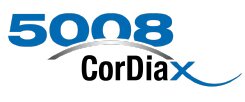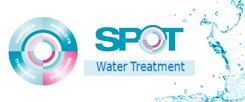FlashMed
| Titolo | Health economics and European Renal Best Practice - Is it time to bring health economics into evidence-based guideline production in Europe? |
| Autore | Maria C. Haller1,2,3, Raymond Vanholder4,5, Rainer Oberbauer1,2,6, Carmine Zoccali4,7 andWim Van Biesen4,5 - 1Center for Medical Statistics, Informatics and Intelligent Systems (CeMSIIS), Section for Clinical Biometrics, Medical University of Vienna, Vienna, Austria, 2Department of Nephrology and Transplantation, KH Elisabethinen, Linz, Austria, 3ERBP, European Renal Best Practice, Methods Support Team, Ghent University Hospital, Ghent, Belgium, 4ERBP, European Renal Best Practice, Ghent University Hospital, Ghent, Belgium, 5Nephrology Unit, Ghent University Hospital, Ghent, Belgium, 6Department of Nephrology, Medical University of Vienna, Vienna, Austria and 7CNR-IBIM, Clinical Epidemiology and Physiopathology of Renal Diseases and Hypertension of Reggio Calabria, Calabria, Italy |
| Referenza | Nephrol Dial Transplant 2014; 29: 1994-1997 |
| Contenuto |
Medical management of patients with kidney disease is complex and resource intensive. In times of limited health care budgets, economic evaluations have become more important over the past few years in identifying interventions with a beneficial costeffectiveness to maximize the benefits served from the available resources. However, integrating evidence from health-economic evaluations into clinical practice guidelines remains a challenge. European Renal Best Practice (ERBP), the official guideline body of the European RenalAssociation - European Dialysis and Transplant Association (ERA–EDTA) herewith presents some lines of thought that need consideration in the discussion on incorporating health-economic considerations into clinical guideline development. |
| Data | 05.11.2014 |
| Lista completa |
|







